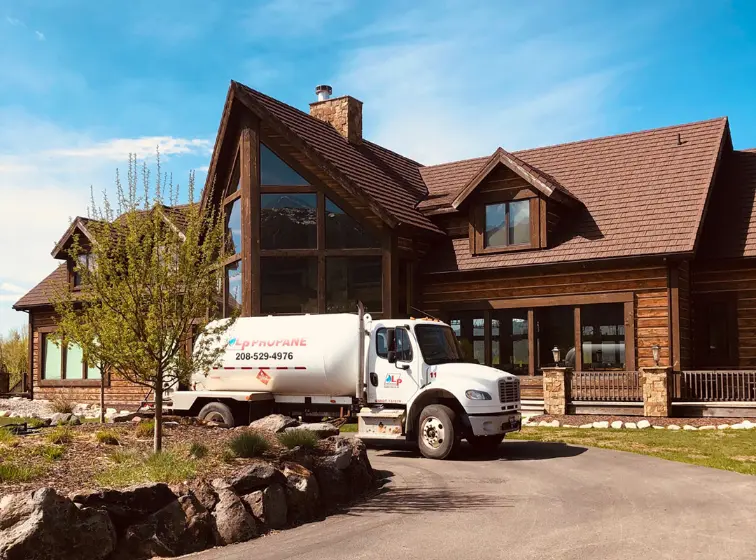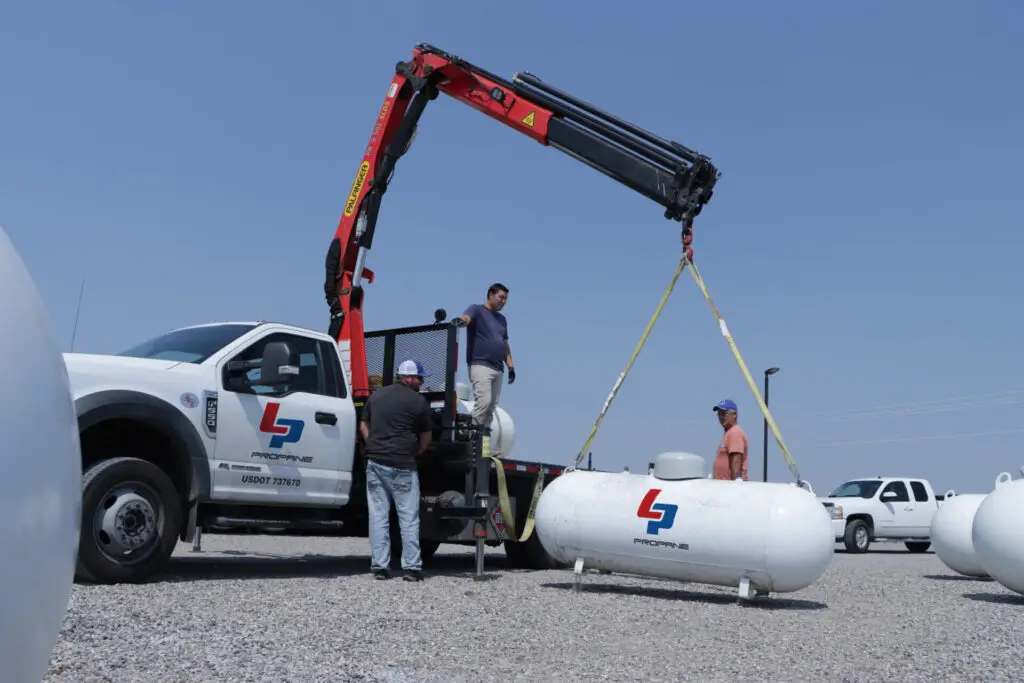Is Propane Gas Safe for the Environment?
THE SIMPLE ANSWER
Yes, propane is safe for the environment. It’s a clean-burning, non-toxic fuel that produces fewer emissions compared to other fossil fuels, making it an environmentally friendly energy choice.

Protect the environment!
Clean-Burning Fuel
One of the primary reasons propane is considered safe for the environment is that it burns cleanly. Propane combustion produces fewer harmful emissions than other fossil fuels like gasoline, diesel, and coal. When burned, propane generates carbon dioxide and water vapor, but it emits very low levels of carbon monoxide, particulate matter, and nitrogen oxides. This makes propane an excellent choice for reducing air pollution and improving air quality, particularly in areas where emissions are a concern.
Low Carbon Footprint
Propane has a lower carbon footprint compared to many other fuels. For instance, propane produces significantly fewer greenhouse gases than gasoline or diesel when used to power vehicles or equipment. This is because propane is more efficient and releases less carbon dioxide per unit of energy. Additionally, propane is not considered a greenhouse gas itself, which means that any leaks or releases of propane gas into the atmosphere do not contribute to global warming in the same way that methane (a primary component of natural gas) does.



Non-Toxic and Non-Harmful to Soil and Water
Another reason propane is safe for the environment is its non-toxic nature. Unlike other fuels, propane does not pose a risk of contamination to soil or water in the event of a spill. Since propane is stored and transported as a liquid but vaporizes into a gas when released, it does not mix with water or leave harmful residues in the environment. This makes propane a safer option for use in environmentally sensitive areas.
Energy Efficiency
Propane is an energy-efficient fuel, which means that it provides more energy per unit compared to other sources. This efficiency reduces the amount of fuel needed to power homes, businesses, and vehicles, leading to fewer emissions overall. High-efficiency propane appliances, such as furnaces, water heaters, and stoves, can further reduce energy consumption and environmental impact.



Supports Renewable Energy Integration
Propane can also complement renewable energy sources like solar and wind. Propane generators are often used as backup power sources for off-grid solar installations, ensuring a reliable energy supply without compromising environmental goals. This flexibility makes propane a valuable part of a balanced and sustainable energy strategy.
Environmental Impact
So, is propane safe for the environment? Absolutely. Propane is a clean, efficient, and non-toxic fuel that plays a crucial role in reducing emissions and supporting environmental sustainability. Whether you’re heating your home, fueling a vehicle, or powering appliances, propane offers an eco-friendly solution that helps protect our planet for future generations.